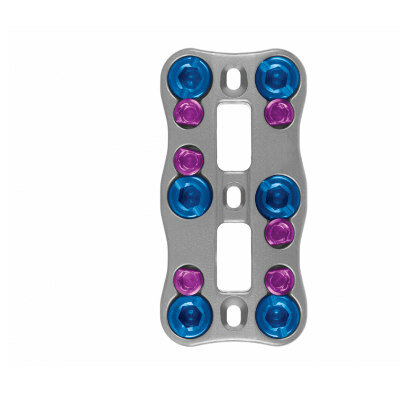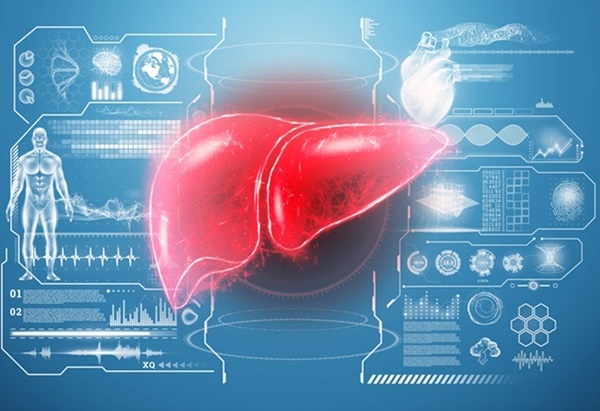Ablation Treatment Better Than Medication for Heart Attack Survivors
Posted on 22 Nov 2024
Heart attacks can cause scar tissue to form in the heart muscle, impairing its ability to function effectively and potentially leading to other complications, such as dangerous arrhythmias. One such arrhythmia, ventricular tachycardia (VT), is the leading cause of sudden cardiac death. VT is characterized by a rapid heart rate originating in the heart’s lower chambers (ventricles). This fast rhythm prevents the heart from filling completely between beats, reducing blood flow throughout the body. To prevent death from VT, patients often receive an implantable cardioverter defibrillator (ICD), which shocks the heart back into a normal rhythm. While an ICD can save lives, it does not prevent VT episodes from occurring. Anti-arrhythmic medications are typically the first line of treatment to prevent dangerous VT episodes, but these drugs can cause severe long-term side effects, including worsening arrhythmias or damage to other organs. If medications are ineffective, the next step in treatment is usually ablation, a minimally invasive procedure that uses radiofrequency energy to target and destroy the tissue causing the VT, without harming the surrounding heart tissue.
A new multicenter study has now shown that ablation may be a more effective first-line treatment than medication for many heart attack survivors who develop VT. In the study, researchers from Dalhousie University (Halifax, Nova Scotia, Canada) enrolled 416 patients from 22 health centers across three countries, all of whom had developed recurrent VT after surviving a heart attack. Each participant had an ICD to administer shocks as needed, and none had conditions that would prevent them from receiving either ablation or the antiarrhythmic medications used in the study. Patients were randomly assigned to either receive ablation or one of two antiarrhythmic medications: amiodarone or sotalol.

The participants were monitored for a minimum of two years after either undergoing ablation or starting their assigned medication (with a median follow-up of 4.3 years). Researchers tracked outcomes such as death, appropriate ICD shocks, three or more VT episodes within 24 hours, and sustained VT that was not detected by the ICD but required urgent hospital treatment. Published in The New England Journal of Medicine, the study found that patients who received ablation were 25% less likely to die or experience VT requiring an ICD shock, including incidents of three or more VT episodes in one day or episodes that weren’t detected by the ICD and required hospital intervention. Although the study did not conclusively show whether ablation was more effective than medication in reducing each tracked outcome, the overall results leaned in favor of ablation. The study also did not identify which patient characteristics would make one treatment more beneficial than the other.
“Currently, catheter ablation is often reserved as a last-resort therapy when antiarrhythmic medications fail or cannot be tolerated. Now we know that ablation is a reasonable option for first-line treatment,” said lead author John Sapp, M.D., a professor of medicine and assistant dean of clinical research at Dalhousie University. “We hope that our data will be useful for clinicians and patients who are trying to decide the best option when they need treatment to suppress recurrent VT and prevent ICD shocks.”














